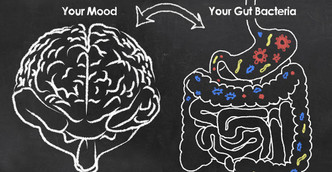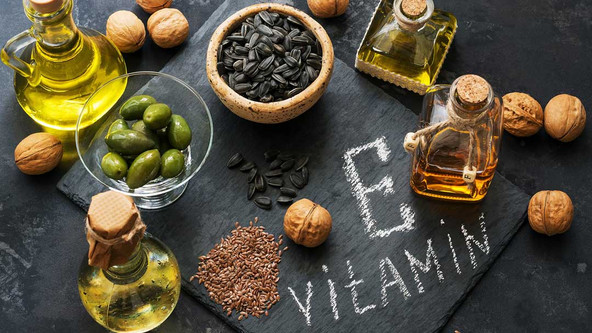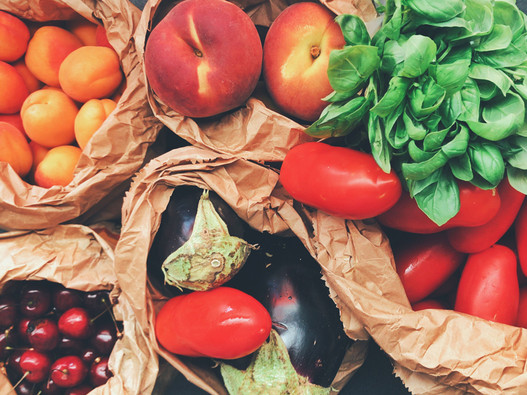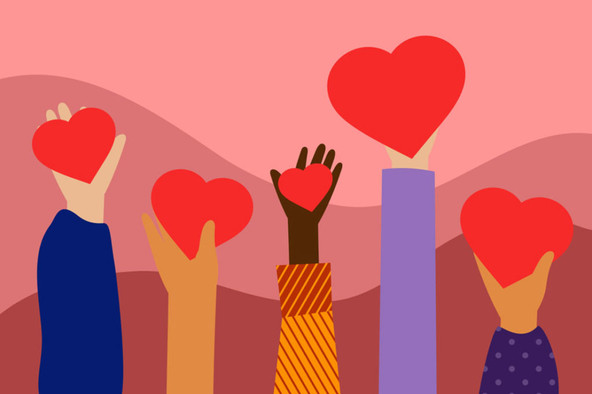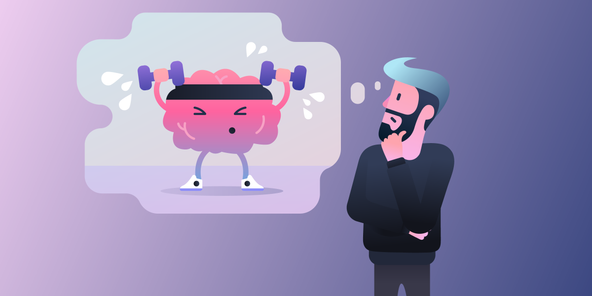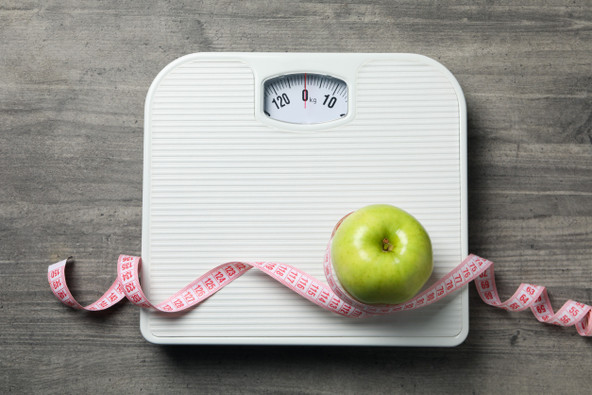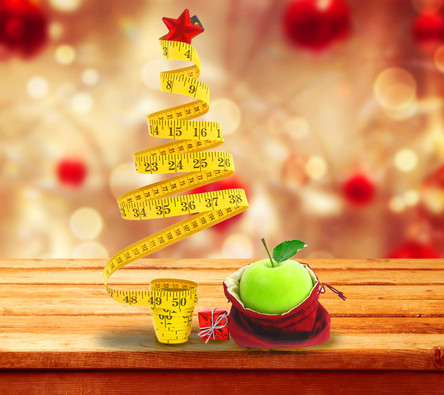Posted by Beyond Health on Nov 3rd 2025
Choosing the Right Supplements
It’s a new year! Whatever your age or health status, here’s to making 2019 healthier than 2018! We know it’s possible to keep getting healthier each year because we’ve been privileged to work with thousands of people who’ve recovered from serious health concerns and continue to get healthier and healthier as they learn more and integrate more healthy practices into their lives. And others who started out in reasonably good health, who keep reaching higher and higher levels of wellness. A common factor in these success stories is the right supplement program. While good diet, exercise, stress release, healthy relationships, detoxification, and avoiding toxins are all necessary for optimal health, if your body doesn’t have all the raw materials it needs for building healthy new cells, you simply cannot prevent or reverse disease. In fact, if you’re chronically deficient in even one vitamin or mineral, you will get sick; that&…
read more Fuel your life with the purest vitamins
Fuel your life with the purest vitamins

